

Cashew Nut cooperative Phnom Sontuk had to prove its resilience many times before, but this time its sheer survival is at risk.
Located in the province of Kampong Thom, roughly 2,5 hours north of the Cambodian capital Phnom Penh and located on the direct route to Siem Reap, the cooperative (AC), which initially started out as a conglomerate of 15 groups of cashew nut farmers, struggles to survive the Covid-19 pandemic.
Focused on catering to the cashew nut needs of the local markets (restaurants, hotels, transient travellers) before the pandemic started, their stable customer base is dwindling while the country is locked up, leaving the tourism sector behind fading. With no income generating sales, the AC does have no funds for buying the raw nuts from its members for processing and their members cannot wait. With farmers under pressure to sell their produce fast in dire need of cash, they are forced to sell their raw nuts to middlemen traders who sell them on to Vietnam. Under these conditions the whole business model and with it the promise, that each individual member will benefit, is under immense pressure.
Struggling with its non-diversified customer base, the AC’s flagship product – cashew nut – is exposed to additional market pressure. In a market where cashew nuts used to raise a price 20-fold higher than rice, a lot of farmers started growing the fruit. When Covid hit and borders were closed market prices for raw cashew nuts dropped down to $1.5 a kg compared to $2.0 a kg in pre-Covid times.
Add to that the lack of processing facilities in the country itself, which leaves farmers forced to sell their raw nuts for export to countries like Vietnam, where they are processed eventually. A total of 95 percent of raw cashew nuts are exported. Only 5 percent are processed locally. Processed cashew nuts, however, achieve market prices of up to $7.5 a kg this year. The lack of processing facilities and infrastructure hence means a huge loss of potential earnings for the farmers in the country.
Due to its attractive price level and the robustness of the plant the first fruits can be harvested already after 18 months and trees carry fruits for up to 40 years), it is projected that within the next 4 years, the production of raw cashew nuts will increase by 50% (currently its at 250 t a year) which could mean a potential drop in prices (due to oversupply), or a great potential if the nuts could be processed into diversified, high value products. However, with no proper investment this earning potential will be drained out of the country.
With the only real business left for AC Phnom Sontuk being the sale of cashew plant seedlings, the AC business model is on the test bench for its crisis readiness.
DGRV in Cambodia, together with its local partners, is focusing on developing resilient, business-oriented cooperatives. COVID-19 is putting conventional approaches on the test bench. Entrepreneurial perspectives to matchmaking, market sourcing and – readiness as well as attracting investments are key for engaging and retaining members and thus needed for establishing a resilient cooperative sector, based on self-help, self-responsibility and solidarity.
In the project phase 2021-2023 of the new WINGS project, DGRV’s local partner organization Buddhism for Development (BFD) will support the Phnom Sontuk Agricultural Cooperative Cashew Nut business to find new markets and strengthen their role in the supply chain for national demand and export.
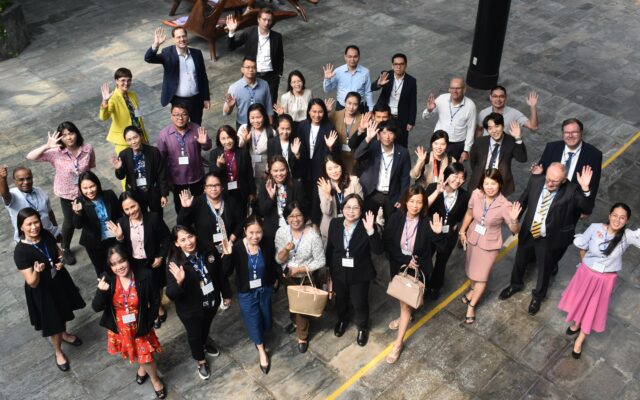
A new partnership between DGRV and the Cooperative Development Authority (CDA) in the Philippines is enhancing regulatory oversight and stability within the cooperative sector.
More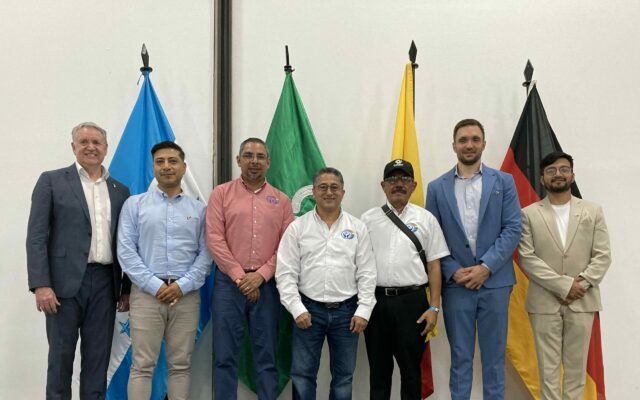
DGRV’s project in Honduras focuses on strengthening the cooperative financial sector, particularly in rural areas, and improving access to financial products and services. The initiative also aims to enhance resilience to climate change and promote the efficient use of natural resources, fostering sustainable and inclusive economic growth.
More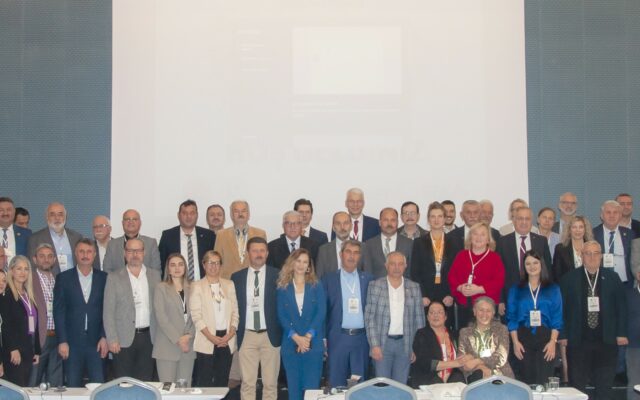
The 8-year long TAKBİ project within the framework of the Turkish and German association cooperation, revitalized Turkish agricultural cooperatives by surmounting challenges, elevating organizational structures, improving service quality, and fostering member satisfaction, leaving a lasting positive impact on the cooperative landscape in Turkey.
More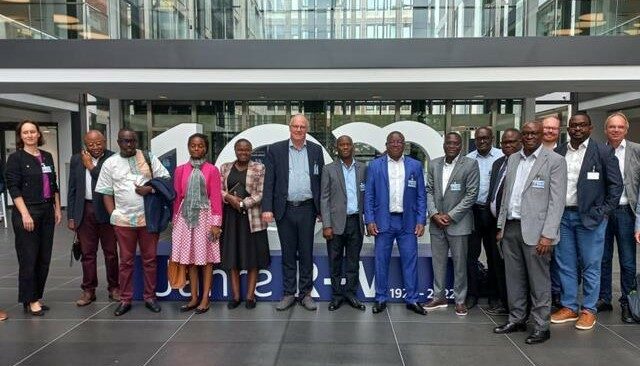
Financial experts from Benin, Cameroon, and Uganda embarked on a journey to Germany to explore the essence of cooperative principles, forging a vision for a resilient banking sector that transcends borders and fosters economic and social progress in African communities.
More
In an extraordinary gathering, female traditional leaders from Southern Africa converged to harmonize the concepts of Ubuntu and cooperative principles, setting a visionary path for community development.
More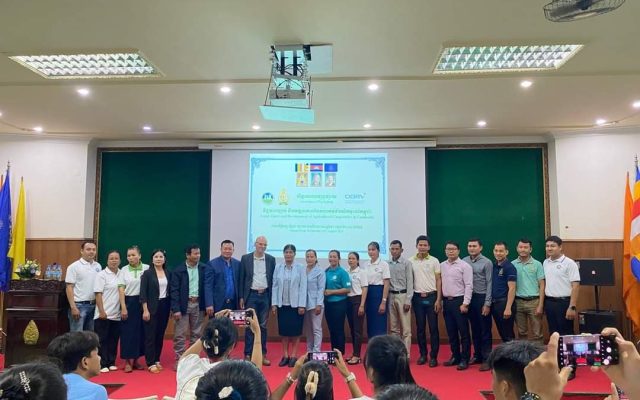
Empowering Cambodia's agricultural cooperatives through dynamic seminars: DGRV and AERD/RUA collaborate to drive leadership, professionalism, and sustainable growth.
More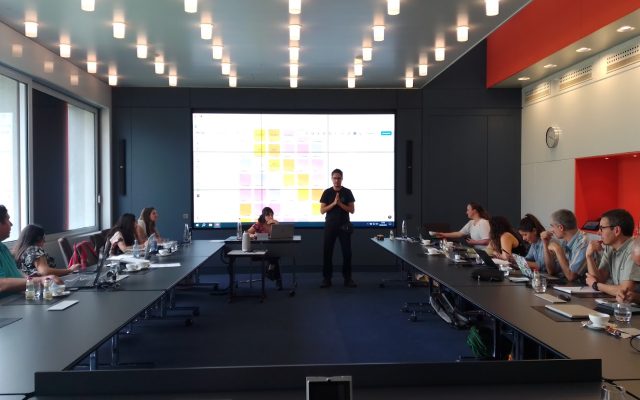
In June, eight Chilean organizations participated in an Exposure Visit to learn from the experience of Energy Cooperatives in Germany
More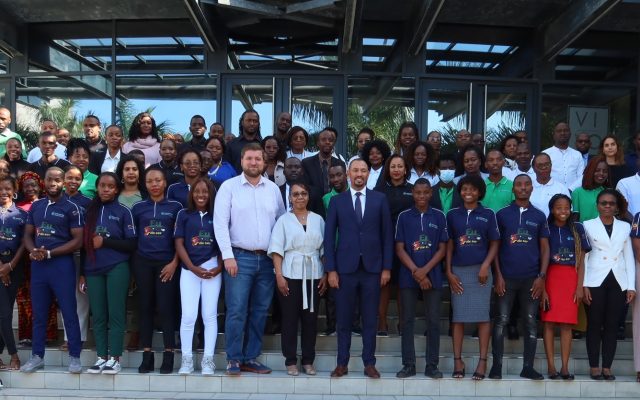
Empowering Mozambican youth through cooperative entrepreneurship to tackle unemployment and promote economic growth.
More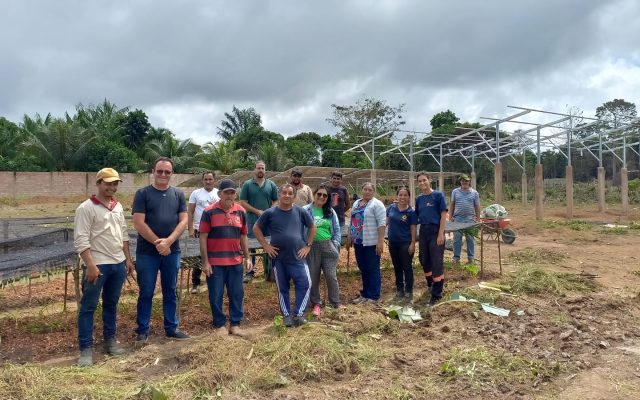
Helping the cooperative CCampo Alimentos to implement an Agrivoltaic pilot project in Brazil
More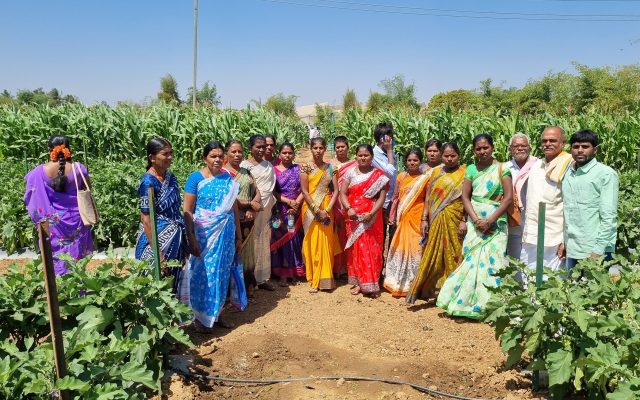
Adaptation measures to climate change in rural areas in India
More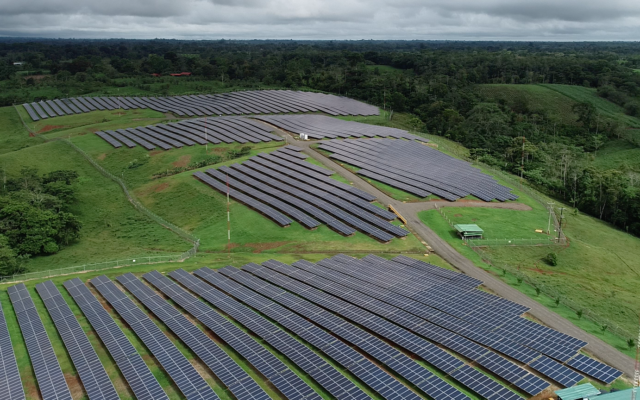
Renewable Energy in Costa Rica generated by cooperatives.
More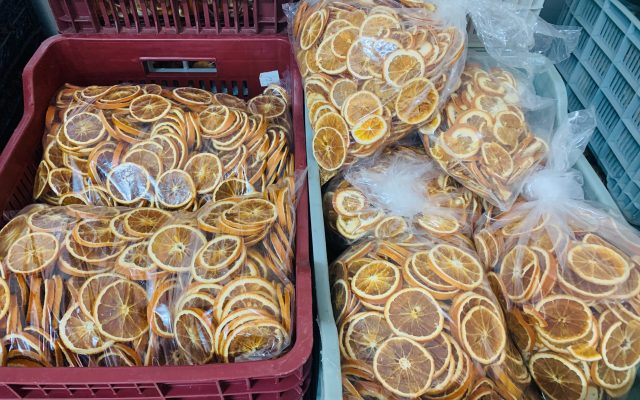
Food Processing with a Regional Federation
More
Digitisation of Primary Co-operatives in eSwatini
More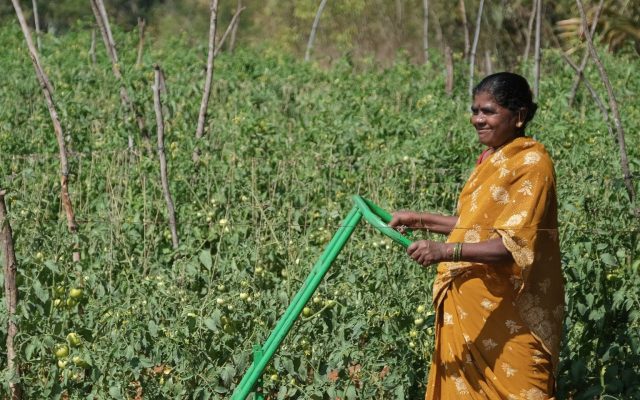
A central solution that enables members to make daily agricultural necessities available promptly and financially affordable
More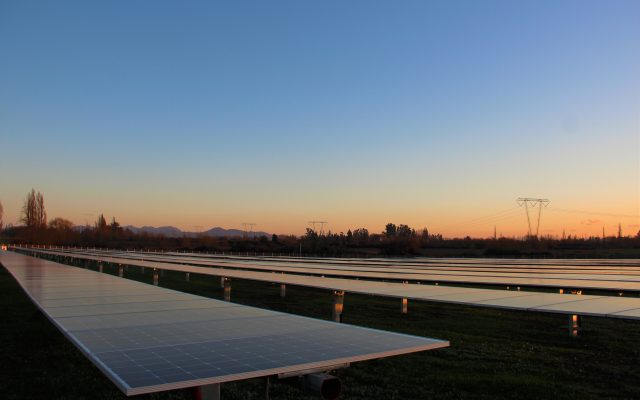
The creation of Community Distributed Generation Cooperatives in Chile.
More
Textile cooperative in Tunisia
More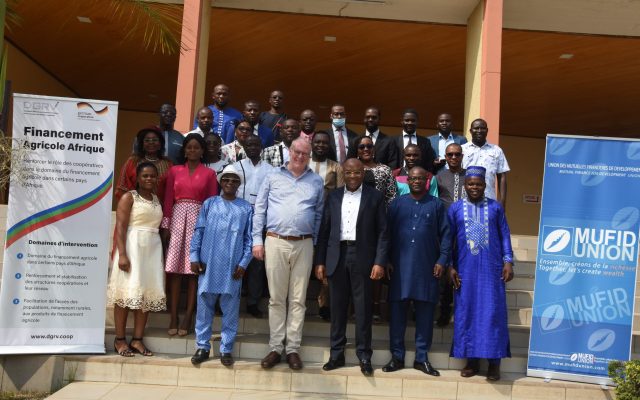
Facilitating access to quality agricultural finance products in Cameroon
More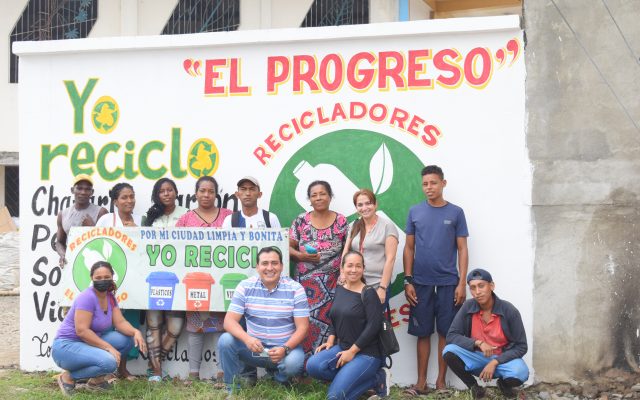
Generating business and commercial connections with the "Networks in Action" project
More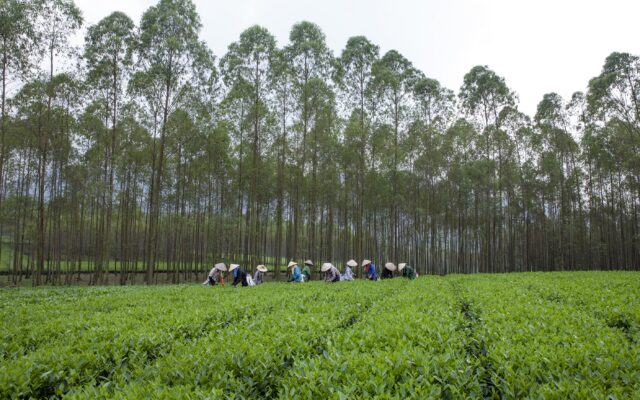
Mid- term courses for cooperative officials in Vietnam
More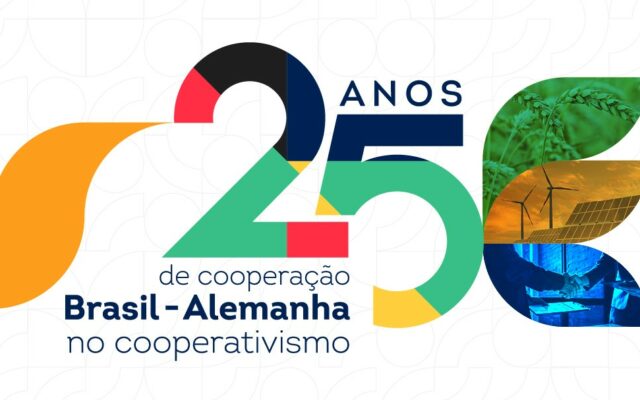
The collaboration between the Brazilian and German cooperative sector
More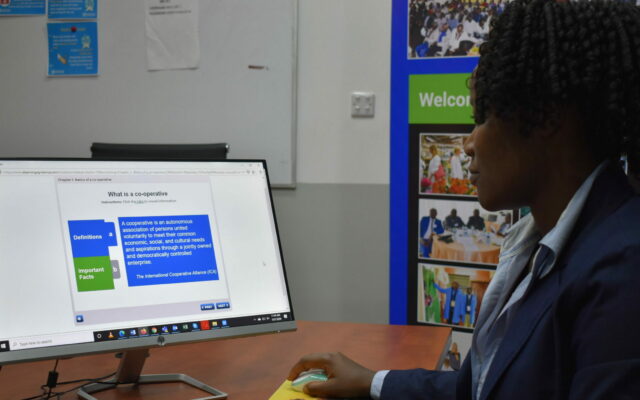
DGRV Kenya supports project partners on their way to adapt to “The new normal” in times of COVID-19
More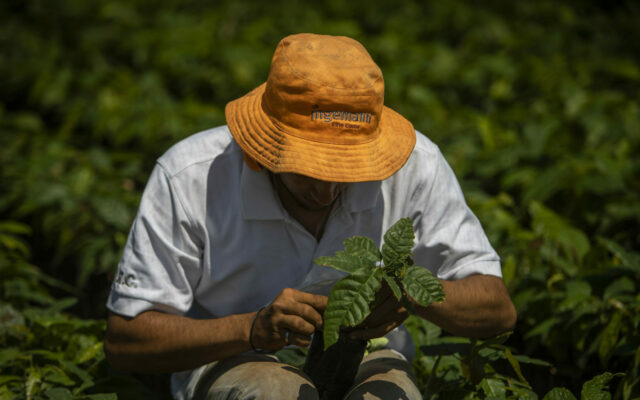
Pablo and his Potatoes
More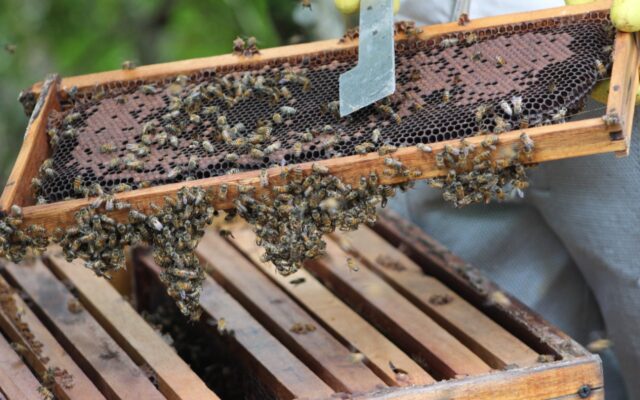
Strengthening small rural producer organizations in Colombia
More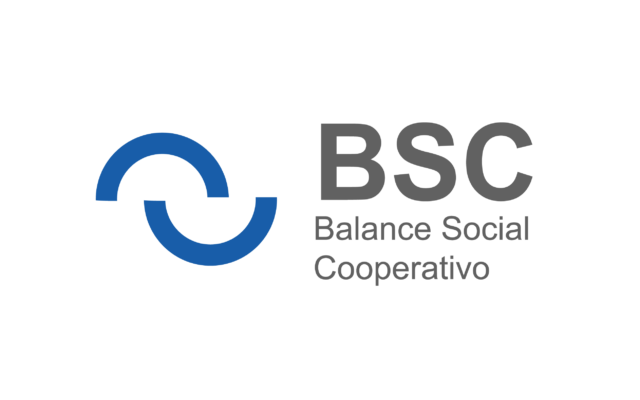
Cooperative Social Responsibility in Honduras
More